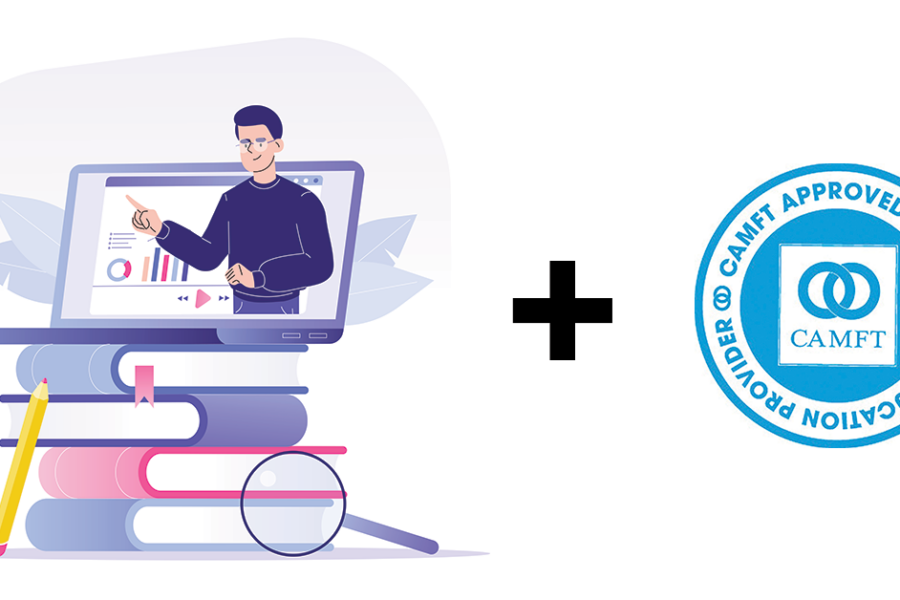In today’s digital world, recognition of skills and achievements has evolved. An innovative way to showcase these accomplishments is through digital badges.
What Are Digital Badges?
Digital badges are a type of digital credential. They are virtual representations of achievements, skills, or competencies an individual earns through educational programs, training, or other activities. Unlike traditional certificates, digital badges are not static images; they contain metadata about the issuer and criteria for earning the badge as evidence of the achievement.
Terry Ratcliff, Dean of the School of Distance and Extended Education at Antioch University says there is a trend to use digital badges as an efficient method to validate continuing education. He explains, “Digital badges allow employers to click and see exactly what was entailed in obtaining that badge, where it came from, and how many hours were involved. We’re seeing more employers looking in that direction.”
These badges can be displayed on digital platforms such as LinkedIn, personal websites, or social media profiles. Digital badges are interactive, which allows them to provide more context about an individual’s skills and accomplishments, enhancing their visibility and credibility online.
How Do Digital Badges Work?
Digital badges function through a series of steps:
- Issuance: Organizations and educational institutions create digital badges to represent specific skills or achievements. Each badge comes with a set of criteria that individuals must meet to earn it.
- Earning: Participants complete the required tasks, which might include completing a course, passing an assessment, or participating in a project. Once they meet the criteria, the issuing organization awards the badge.
- Verification: The metadata associated with a digital badge includes verification details, which help employers and other stakeholders validate the badge’s authenticity. This ensures that the skills represented are credible and can be trusted.
- Display: Recipients can share their digital badges across various platforms, allowing potential employers or peers to see their achievements at a glance.
Why Are Digital Badges Important?
1. Recognition of Skills
In a competitive job market, having a digital badge can set candidates apart. They provide clear, visual proof of skills and competencies that traditional resumes may not convey. Employers can quickly see what an applicant has achieved, increasing their chances of being noticed.
2. Lifelong Learning
Digital badges encourage a culture of continuous learning. As professionals pursue additional skills and knowledge, they can earn badges that reflect their ongoing education.
3. Employability
Employers are increasingly looking for candidates who demonstrate initiative and a commitment to professional development. Digital badges can signal to hiring managers that an individual is proactive about improving their skills, making them more attractive candidates.
4. Interoperability
Many digital badge systems are designed to be interoperable, meaning they can be shared across different platforms and recognized by various institutions and employers. This creates a cohesive way for individuals to present their skills, regardless of where they were acquired. For instance, Mozilla Open Badges—made by the same not-for-profit that makes the Firefox Web Browser—is an open standard that is used by different platforms.
5. Motivation and Engagement
Earning digital badges can serve as a motivational tool. They provide tangible goals for individuals to strive toward. This is beneficial in educational settings, where badges can foster a sense of accomplishment and encourage participation.
6. Building a Professional Portfolio
Digital badges can be integrated into a professional portfolio, showcasing not only what skills a person has but also their dedication to personal and professional growth. A well-structured portfolio featuring badges can impress potential employers and increase chances of landing a job.
7. Networking Opportunities
Displaying digital badges on platforms like LinkedIn can open doors to networking opportunities. Other professionals in the same field may recognize badges and initiate conversations, leading to potential job opportunities.
The Digital Badge Revolution
Digital badges have changed how we showcase skills and achievements online. They offer a transparent, credible, and engaging way to demonstrate competencies, making them invaluable tools in education and professional development. As the landscape of skills recognition continues to evolve, using a digital badge could enhance one’s career prospects and create a more connected professional community.






